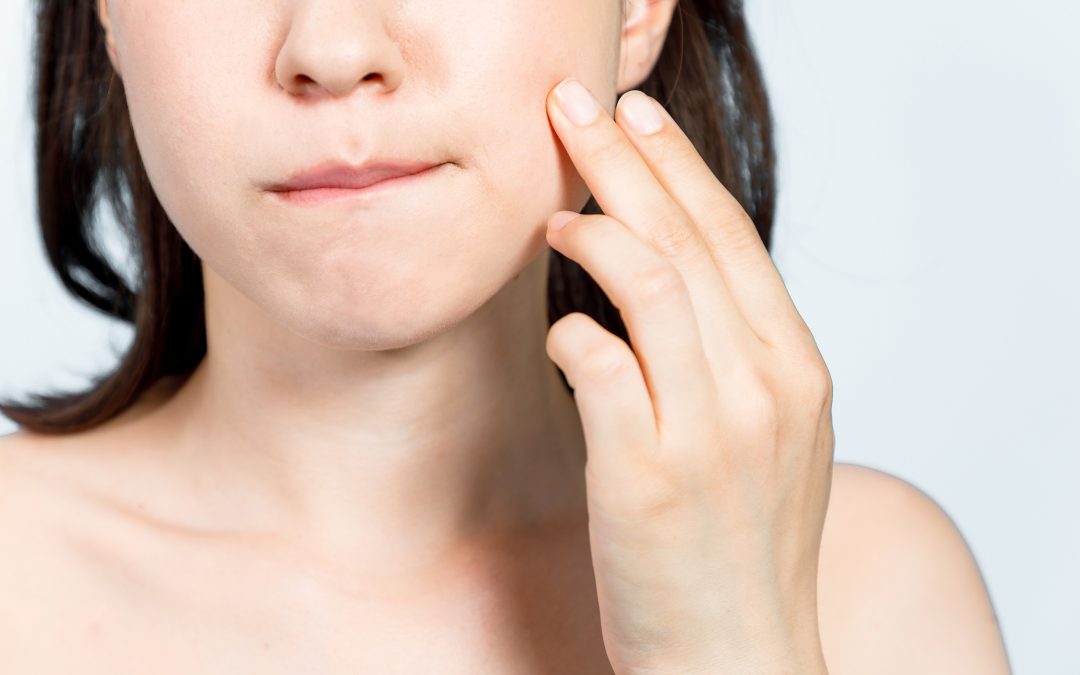The temporomandibular joint is the joint that connects your jawbone to the rest of your skull. A common disorder known as TMJD (temporomandibular disorder) occurs when the muscles and surrounding tissue become painful, often resulting in a range of symptoms including headaches. TMJD is thought to be caused by any of the following conditions:
- Grinding or Clenching teeth during sleep
- Physical Injury
- Arthritis
Grinding or clenching of teeth during sleep can sometimes lead to TMJD, although not always. While there are many factors that can contribute to teeth grinding and clenching, this act can put extra strain on the TMJ, resulting in pain.
Another cause of TMJD is physical injury. This occurs when the joint itself is damaged by physical force such as a blow or impact. It may also be caused by medical procedures such as breathing tubes being inserted, or some dental or orthodontic procedures requiring the jaw to be forced open for a longer time period.
Arthritis is also a risk factor for developing TMJD. The cartilage disks within the joint may become damaged due to various types of arthritis, such as rheumatoid or osteoarthritis. This corrosion of the cartilage can result in the jaw movement no longer being smooth, leading to pain and other symptoms.
Because TMJD can result in chronic headaches and other pain issues, it is important to get treatment if your symptoms do not go away on their own. Common treatments include pain relievers, anti-inflammatory medications, and muscle relaxants. In more severe cases, corticosteroid injections or even Arthroscopic surgery may be required to fix the problem.
If you are struggling and looking for TMJ headache relief, now might be the time to make an appointment with your TMJ specialist in Vancouver to get the relief you need.


